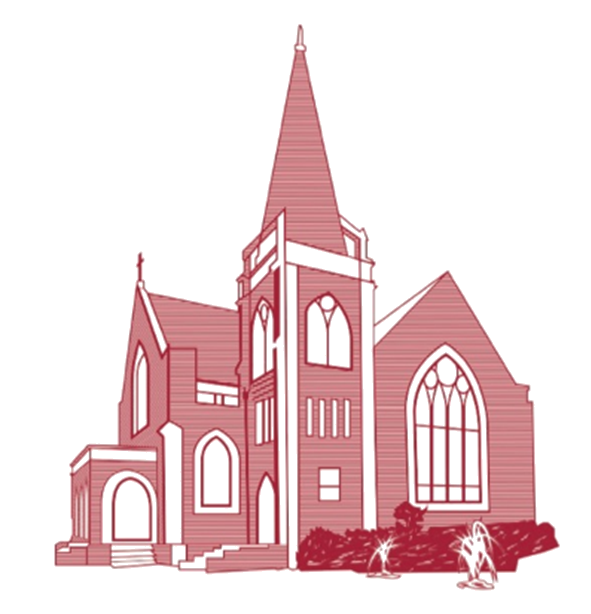Reflection: The Healing Power of Sacred Memory
Commemoration of All The Faithful Departed
REFLECTION:
Ron Rolheiser tells a story about a rabbi who, whenever he wanted to experience God’s presence, would go to a special place in the woods. There he would light a fire, say prayers, and dance—and God appeared. When the rabbi died, his disciple went to the same place and lit the fire, but he didn’t know the dance. Still, God appeared.
Another disciple forgot the prayers but still lit the fire—and God came. Eventually, one disciple knew none of it: not the place, not the fire, not the prayers, not the dance. All he knew was the story. And when he told the story—God appeared again.
Rolheiser says this is how sacred ritual works. Even when we forget the details, God comes when we remember with faith.
That’s what happens at every Eucharist. When Jesus said, “Do this in memory of me,” He wasn’t speaking about nostalgia or simple recollection. He was speaking about a living memory—one that makes God’s presence real and near again. Every time we gather around the altar, tell the story of His love, and share in His Body and Blood, Christ becomes truly present. In the Eucharist, memory becomes communion, and remembering becomes healing.
Pope Francis says the Eucharist heals our wounded memories—our orphaned, negative, and closed memories. And on this All Souls’ Day, those wounds often surface in our remembering of loved ones who have died.
There is the
orphaned memory—that deep ache of absence, when we feel the space left behind by those who are no longer with us.
But the Eucharist reminds us that we are never truly orphaned. Our loved ones live in God, and the communion of saints keeps us connected beyond time and death.
There is the negative memory—when grief mixes with regret, or when we dwell on what could have been different. But here, at the altar, Christ takes those memories and transforms them into mercy and peace. In Him, even sorrow can become an offering of love.
And there is the
closed memory—the one we keep locked away because it hurts too much to open. But the Eucharist invites us to open our hearts again.
When we dare to remember with faith, God appears in that very space of pain, turning it into grace.
Today we come together to remember: our parents and grandparents, our siblings, our friends, our parishioners—all who have gone before us marked with the sign of faith.
We speak their names, we light candles, we tell their stories—and in doing so, heaven bends close to earth.
Even if all we can offer is the story, even if our hearts are heavy or our words are few, God still comes.
Because love remembered is love made present. And in that sacred remembering, God appears once more.
